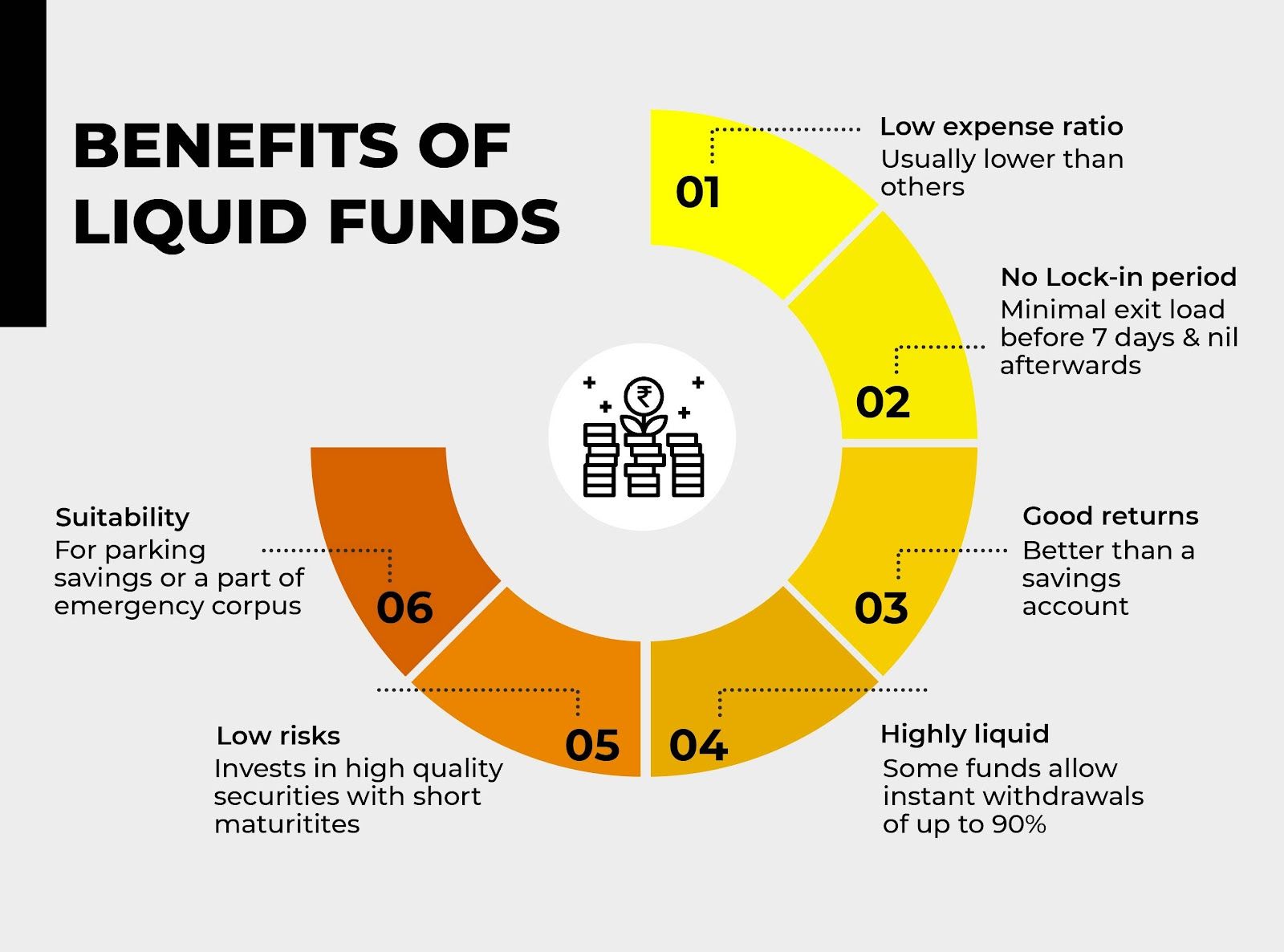Why Should You Invest Your Money in Index Funds?
An index fund is a type of mutual fund or exchange-traded fund (ETF) with a portfolio constructed to match or track the components of a financial market
On 15 February 2023, estimates put Warren Buffet's wealth at $100 and $110 billion. You probably already know that he is one of the most successful investors ever. The man's investment strategy, which is predicated on patience, discipline, and value, has produced all the expected outcomes and market-beating equities. While most everyday investors probably can't afford to invest like Warren Buffet does, he does offer one essential piece of advice: don't discount the value of low-cost index funds. That is to say, according to Buffet, putting money into index funds is a move in the right direction.
The Basics of Index Funds
You should be familiar with the merits of index funds before taking Mr. Buffet's wise counsel. You should already be familiar with the fundamentals of index funds before reading this. You do not need a demat account to purchase shares of an index fund. Exactly what is an index fund, then? Simply explained, an index fund is a type of ETF or mutual fund that invests in assets that make up all or a large portion of a specified index. Those who put money into such a fund do so with the expectation that its performance will mirror that of a specific index. The NSE NIFTY is the most well-known index in India, followed by the BSE SENSEX. Perhaps the S&P 500 index in the United States. Index funds can be found to match virtually any investing or trading strategy. You can purchase an index fund through a broker or an asset management company (AMC).
The Benefits of Index Funds
When considering stock investments for portfolio diversification or an initial public offering, index funds should be among your options. The primary benefits of owning shares in an index fund are as follows:
- Returns - Index funds have historically outperformed any other kinds of funds in terms of the total returns they generate.
- Low Management Charges -The fact that index funds are passively managed and operated helps keep their management costs to a minimum. A passive index fund seeks to replicate the performance of a specific index rather than having a fund management actively buy and sell securities and make stock recommendations.
- Low Transaction Fees - All of the money invested in an index fund remains there until the index itself changes, which doesn't happen very often. This is why index funds have such cheap transaction costs. Fees have a significant impact on an investor's returns and profits. This holds truest for investments made with a view to the far future.
- Low Taxable Income - Index funds often make fewer trades in and out of individual equities than actively managed funds. Therefore, they will likely have smaller taxable revenue that can be distributed to stockholders.
You should choose an index fund with the lowest expense ratio while keeping in mind their advantages. Index funds, on average, have lower expense ratios than actively managed funds, while certain index funds have even lower ratios.
Wise Investment - The Best Investment
While you may recognize index funds' many benefits, you may still be interested in opening a demat account and making direct stock market investments. If you're looking to diversify your holdings, investing in a possible initial public offering (IPO) is a smart move. Diversification is a great idea, but it's important to keep in mind that it can be a "double-edged sword" in some situations. Although it has the potential to reduce volatility and risk, a poorly selected index fund might bring down the entire portfolio.















.jpeg?updatedAt=1701886969716)
.jpeg?updatedAt=1698937900079)




